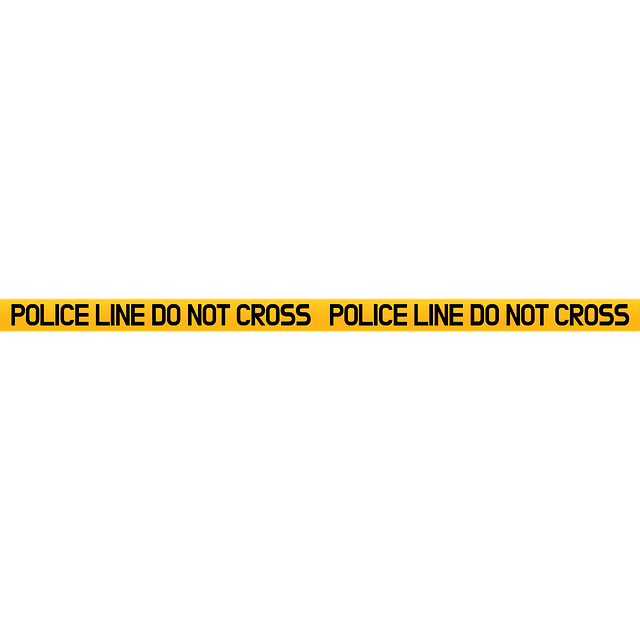Regulatory fraud laws safeguard financial markets from deceptive practices and unethical conduct like falsification, false statements, and data manipulation. They hold corporations and individuals accountable, with a focus on preventing prosecutorial misconduct and ethical violations. These issues can impact trial fairness and public trust. Loopholes in the complex regulatory landscape drive the need for these laws. Consequences include severe penalties, imprisonment, and charge dismissal for violations. Comprehensive prevention strategies involve monitoring, transparent reporting, compliance standards, internal controls, audits, risk assessments, effective communication, data analytics, tip lines, oversight, and independent review to mitigate misconduct.
In an era where financial markets are intricately regulated, understanding Regulatory Fraud Laws is paramount. This comprehensive guide delves into the intricate world of these laws, exploring key areas such as prosecutorial misconduct, ethical violations in financial industries, and effective enforcement strategies. By examining real-world cases, we illuminate the consequences and prevention methods for this insidious crime. Stay informed to navigate the complex landscape of finance with integrity and compliance.
- Understanding Regulatory Fraud Laws
- Prosecutorial Misconduct: Legal Implications
- Ethical Violations in Financial Industries
- Enforcement Actions and Penalties
- Preventing and Detecting Regulatory Fraud
Understanding Regulatory Fraud Laws

Regulatory fraud laws are designed to protect the integrity of financial markets and safeguard consumers from deceptive practices. These laws target individuals and corporations alike who engage in unethical conduct, such as falsifying records, making false statements, or manipulating data to gain an unfair advantage. Understanding these regulations is crucial for both corporate and individual clients navigating complex legal landscapes.
Prosecutorial misconduct and ethical violations are significant concerns under regulatory fraud laws. Prosecutors play a critical role in enforcing these laws, but they must exercise their power responsibly. Unethical behavior by prosecutors can undermine the fairness of trials and lead to severe consequences for innocent parties. For his clients, winning challenging defense verdicts often hinges on navigating these complex issues, ensuring due process, and upholding ethical standards throughout legal proceedings.
Prosecutorial Misconduct: Legal Implications

In cases involving Regulatory Fraud Laws, Prosecutorial Misconduct can have profound legal implications. It refers to unethical or illegal actions taken by prosecutors during the course of a trial, which can significantly compromise the integrity of the justice system. Such misconduct may include evidence tampering, failure to disclose exculpatory information, or making false statements to the court. These ethical violations not only undermine the defendant’s right to a fair trial but also erode public trust in the legal process.
When Prosecutorial Misconduct is established, it can lead to severe consequences for both the prosecutor and the affected parties. Defendants may benefit from a complete dismissal of all charges or winning challenging defense verdicts as a result of these violations. Achieving extraordinary results like these highlights the importance of maintaining high ethical standards within the legal profession. Upholding these standards is crucial for ensuring that justice is served and that the system operates with fairness and integrity.
Ethical Violations in Financial Industries

The financial industries are notorious for their complex web of regulations, leaving ample room for ethical violations and fraud. Regulatory Fraud Laws aim to combat these issues by holding individuals and organizations accountable for their actions. Ethical Violations can range from accounting manipulation to insider trading, often involving Prosecutorial Misconduct. When prosecutors handle such cases, they must navigate a delicate balance between pursuing justice and ensuring due process, especially in the face of powerful corporate interests.
Avoiding indictment is a common strategy employed by those accused of financial crimes, leading to debates about the effectiveness of existing legal frameworks. The respective business practices and general criminal defense strategies play significant roles in how these cases unfold. As such, understanding the interplay between ethical violations, prosecutorial conduct, and regulatory measures is crucial for fostering integrity within the financial sectors.
Enforcement Actions and Penalties

Enforcement actions under regulatory fraud laws can have severe consequences for individuals and businesses found guilty of unethical practices. When violations are discovered, regulatory bodies and government agencies take prompt action to rectify the situation. These measures often involve investigations that delve into complex financial records, corporate structures, and communication channels. If misconduct is established, penalties can range from substantial fines to imprisonment or both.
Prosecutorial misconduct and ethical violations are significant red flags in these cases. In instances where prosecutors fail to uphold their duties with integrity, it may lead to a complete dismissal of all charges for his clients. However, the primary focus remains on ensuring justice is served, and holding accountable those who have engaged in fraudulent activities. Jury trials play a crucial role in determining guilt or innocence, balancing the rights of both the prosecution and defense.
Preventing and Detecting Regulatory Fraud

Preventing regulatory fraud involves a multi-faceted approach that combines robust monitoring, transparent reporting, and stringent compliance standards. Financial institutions and corporations must implement internal controls to safeguard against unethical practices. This includes regular audits and risk assessments to identify potential vulnerabilities. Effective communication between regulatory bodies, industry experts, and law enforcement agencies is crucial for sharing intelligence and best practices, which help in detecting fraudulent activities at an early stage. Advanced data analytics and technology can also play a significant role in unearthing complex schemes by analyzing large datasets for anomalies.
Detecting regulatory fraud requires vigilance throughout the investigative and enforcement process. Proactive measures such as tip lines, whistleblower programs, and incentivized reporting encourage individuals within organizations to come forward with information. Moreover, staying updated on evolving regulatory landscapes and industry trends helps in identifying red flags. In high-stakes cases, where prosecutorial misconduct or ethical violations might arise, independent oversight bodies can ensure fairness by rigorously examining evidence and procedures at every stage. This approach not only prevents unjust outcomes but also strengthens the integrity of the regulatory framework as a whole.
Regulatory fraud laws are indispensable tools for maintaining integrity within financial industries. By understanding these laws, addressing prosecutorial misconduct, and recognizing ethical violations, we can strengthen enforcement actions and penalties. Preventive measures, such as enhanced detection mechanisms, are crucial to combating fraudulent activities. In the ongoing fight against regulatory fraud, it’s imperative to learn from past mistakes and stay vigilant, ensuring a fair and transparent financial landscape for all.






